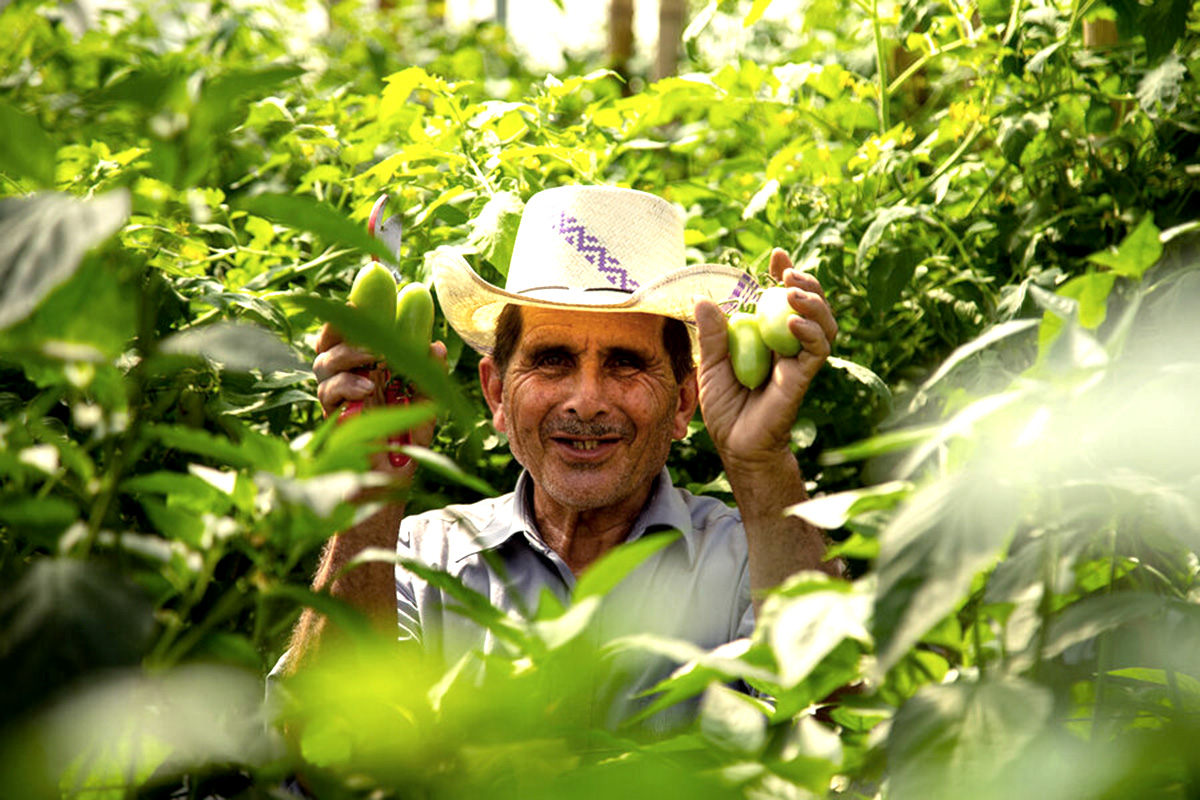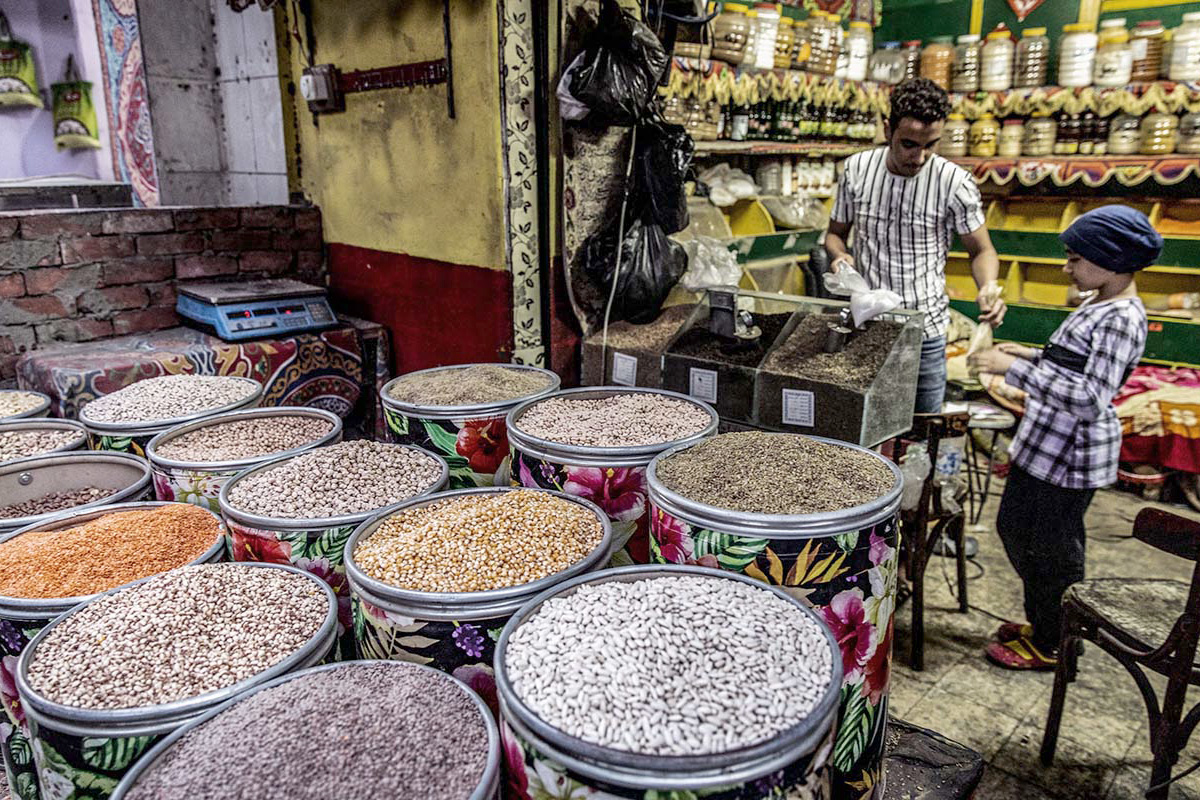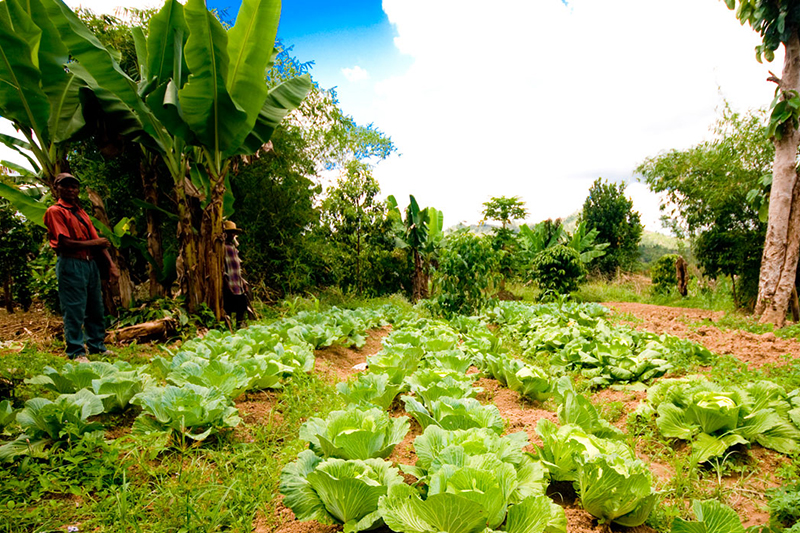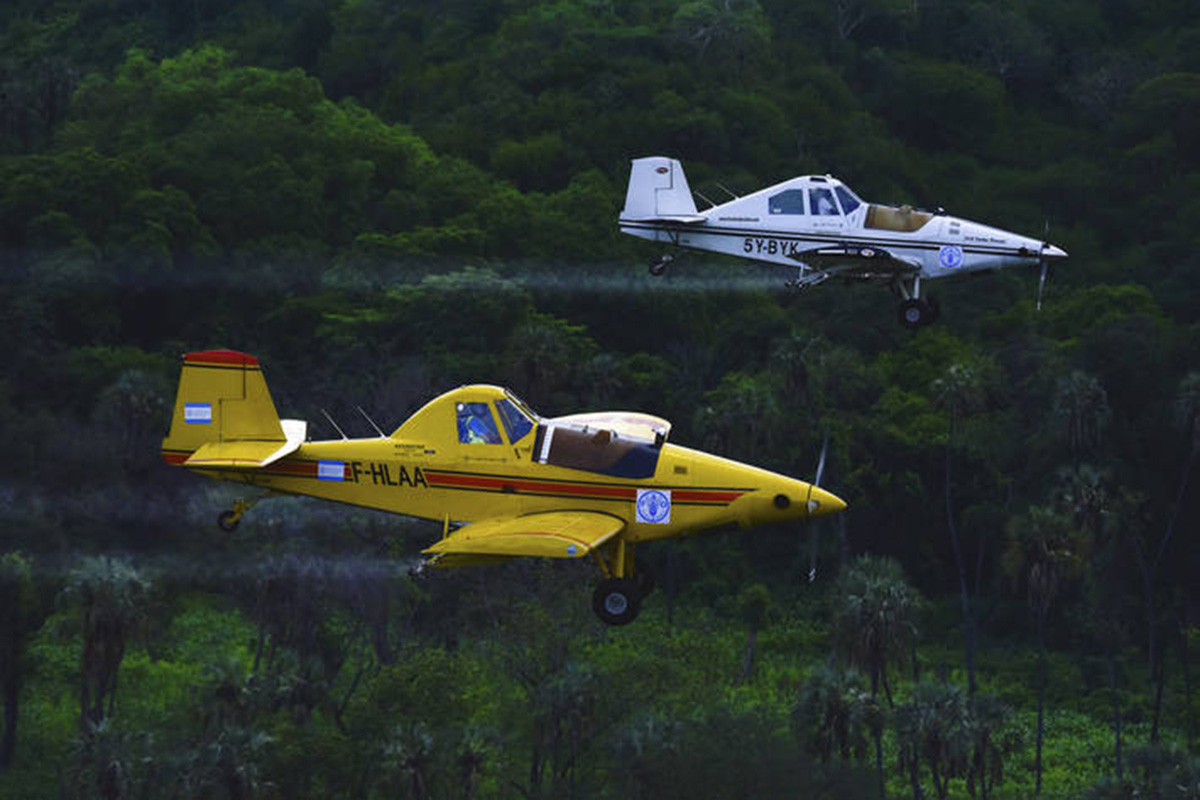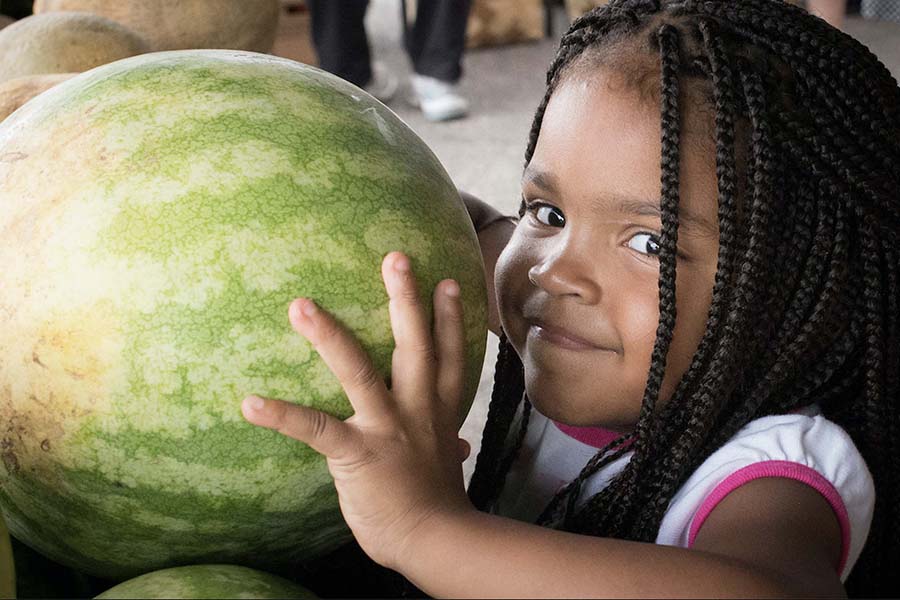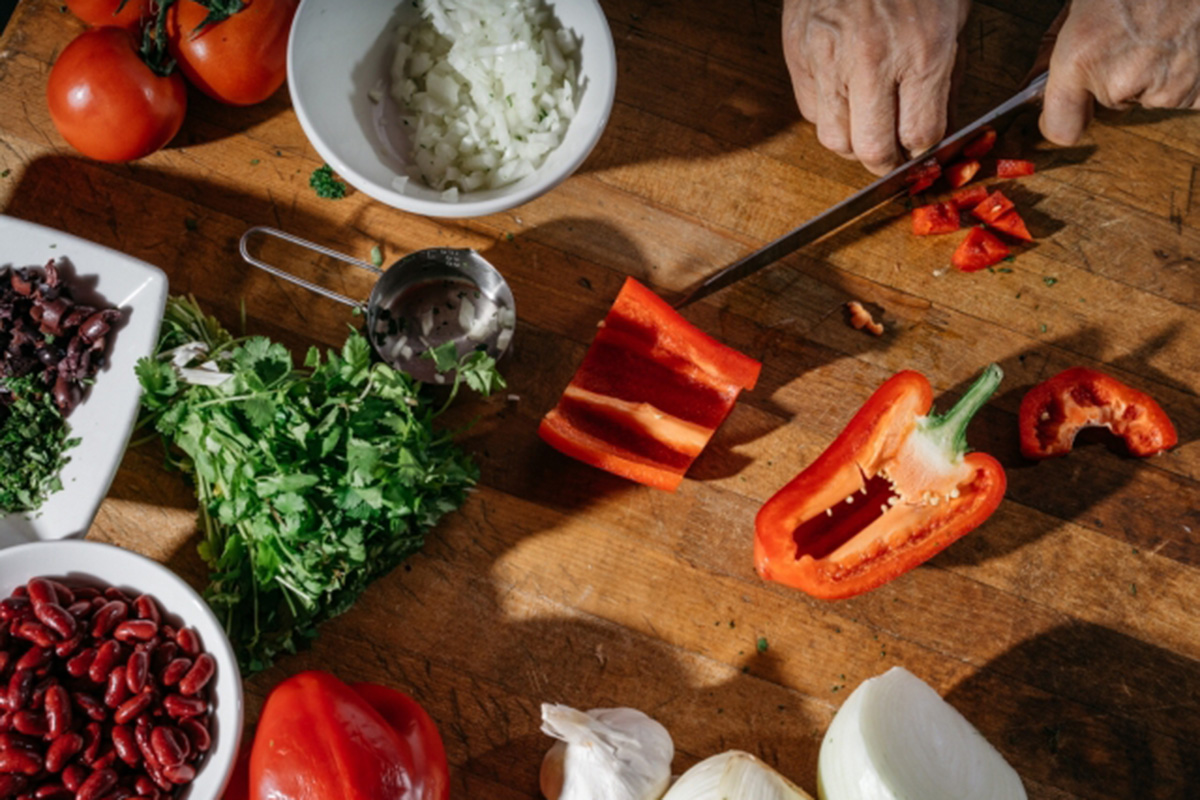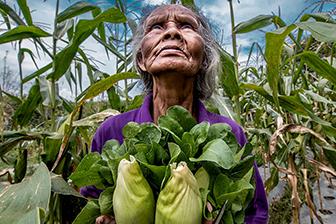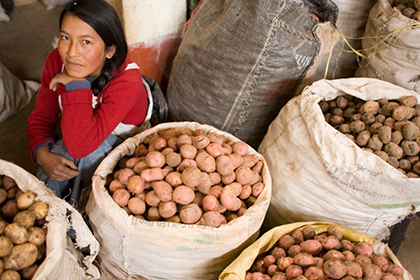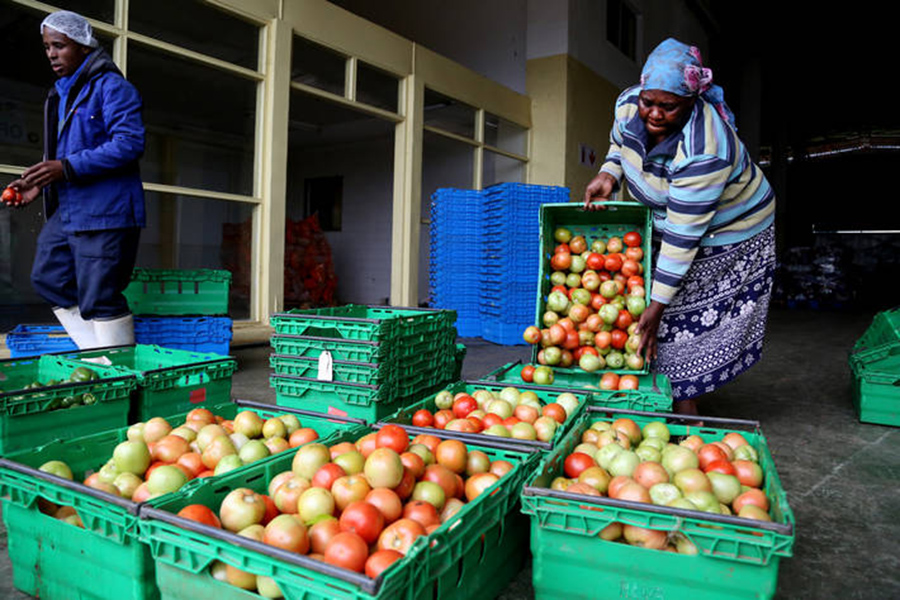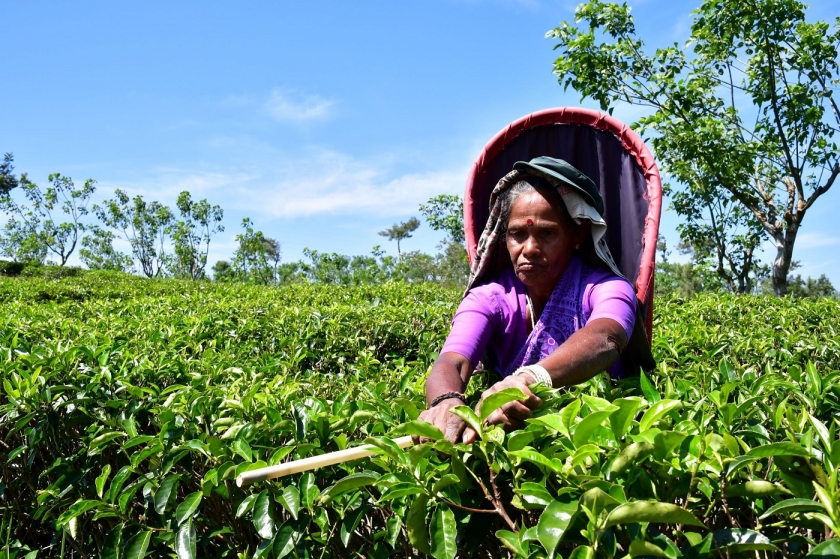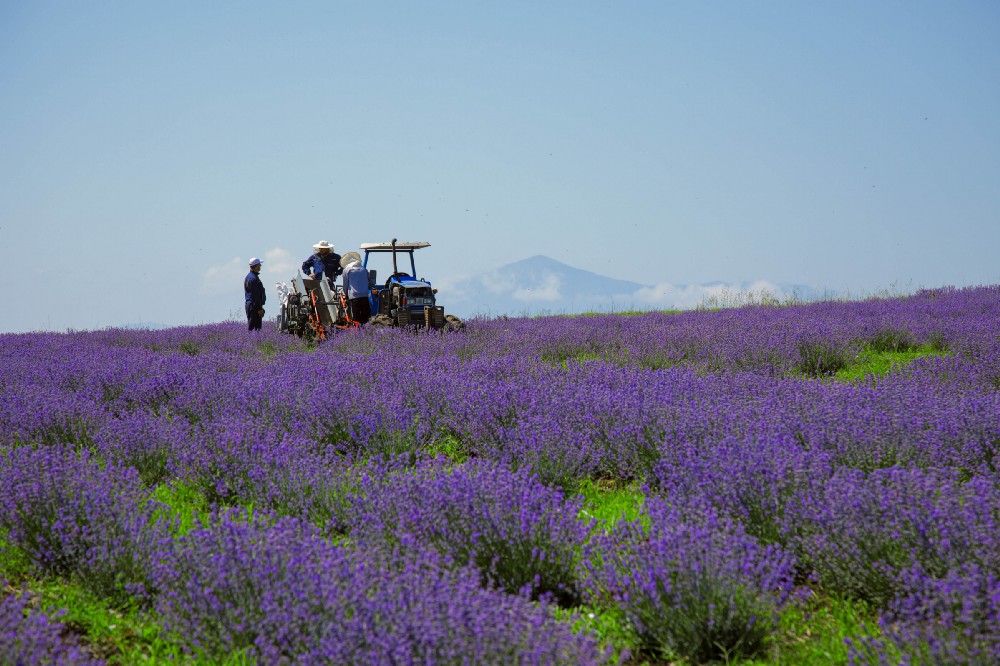El Salvador: Growing ‘green gold’ in Central America’s Dry Corridor
Agriculture and Food
We see them at the grocery store, the farmer’s market and as side orders served with our favourite dish. In many countries, they are part of the cultural heritage and are consumed on a regular or even daily basis.
We love pulses because of their nutritional value and environmental benefits. The World Pulses Day is an opportunity to raise awareness and recognize the contribution of legumes to sustainable food systems and healthy diets. They are critical in addressing the challenges of poverty, food security, human health and nutrition, soil health and environment, thereby contributing to the Sustainable Development Goals and the FAO‘s Hand-in-Hand Initiative. To celebrate the day, the #LovePulses webinar takes place today virtually at 1:30pm (EST).
We have tripled food production in the last 40 years. But we know unless we change the way we produce food, we will not only lose those gains, we will pay a terrible price. Covid-19 has made it devastatingly clear that our health and the planet’s health are indivisible; that unless we halt biodiversity loss and repair our relationship with the natural world, more diseases will jump species. It is estimated that three out of every four new or emerging infectious diseases in people in the past 10 years are zoonotic. IFAD is working to help get policy and investment behind more productive, profitable, and sustainable land-use around the world, and directly supporting smallholder farmers to make the shift.
A locust fighting force assembled by countries in East Africa to combat an invasion of the crop-devouring pest is at risk of seeing its activities grind to a halt as funding to sustain its operations dries up, FAO warned. Without additional financing for fuel, airtime, and pilot hours, the 28 anti-locust aircraft which are now patrolling the skies to spot and spray locust swarms could cease operations in March. FAO informed humanitarian partners that some $38.8 million are still needed to help East Africa and Yemen get through the last mile of their desert locust marathon.
The UN Food Systems Summit is a turning point in the world’s journey to achieving the SDGs by 2030. Over the next year, the Summit will raise global awareness, deepen our understanding of the problems we must solve, and set a course to radically change the way we produce, process, and consume food. The Global Forum for Food and Agriculture (GFFA) is taking place now in Germany to provide an international audience of experts from various sectors with an opportunity to address and reach consensus on issues and challenges relating to global agricultural policy and food security.
FAO drew from experiences from around the world and consulted with local cooks, chefs and families to put together some fascinating and useful cookbooks. They’re designed to not only celebrate local cuisines, but to recognise the nutritious value of traditional meals eaten around the globe. Poor diets and disease are some of the top causes of undernutrition, so promoting sustainable, healthy recipes is key to helping households make informed food choices. If you’re interested in trying some new, nutritious dishes, here are five FAO cookbooks that are bound to inspire you.
In this episode, we say goodbye to a year that’s been full of uncertainty and change, but also adaptation, innovation and improvement.
Our current food systems are not sustainable. Hunger has been on the rise for several years, with an estimated 690 million people worldwide going hungry in 2019 – and with the effects of the COVID-19 pandemic, up to 132 million more people are expected to join this number soon. Meanwhile, our food production practices – particularly the expansion of large-scale industrial agriculture – come with an unacceptably high environmental cost, threatening the food security of future generations. IFAD believes small-scale farmers can offer solutions to these problems.
The UN Food Systems Summit is a turning point in the world's journey to achieving the SDGs by 2030. Over the next year, the Summit aims to set a course to radically change the way we produce, process, and consume food. It will be a people's summit—giving a voice to citizens, bringing us closer to realizing an equitable and healthy future. Everything and everyone must change – that means understanding the tradeoffs, but also recognizing that all can benefit. Rebuilding food systems enables us to answer the Secretary-General's call to "build back better" and to leave no one behind.
The newly launched International Year of Fruits and Vegetables 2021 (IYFV) appeals to improve healthy and sustainable food production through innovation and technology and to reduce food loss and waste. Proclaimed at the 74th session the UN General Assembly, IYFV 2021 is dedicated to raising awareness about the important role of fruits and vegetables in human nutrition, food security and health. FAO, the lead agency for celebrating the year in collaboration with other organizations, launched the year with a campaign that includes a promo video and background paper.
Crop Certification: Going green unlocks global markets for farmers
Distilling herbs with zero waste in eastern Serbia
When COVID-19 restrictions in Kenya disrupted access to the export market, the local markets flooded with produce and a group of local farmers, who have been practicing organic farming were stuck with their crop. Such experiences are becoming more and more common – especially throughout Africa. IFAD’s Platform for Agricultural Risk Management (PARM) works with countries and development partners throughout sub-Saharan Africa to promote a holistic approach as risk and uncertainty intensify in the agriculture sector.
Thanks to its unique geographical conditions, including soil and weather, Jamaica produces some of the world’s best ginger. FAO has joined public and private sector bodies to protect the industry from a destructive disease.

